Paraphernalia
-
A school project where the goal was to create a storytelling experience without explicit narration or excessive use of words. As well as an element of Player Expression.
I personally went for a more experimental approach based off indie games I’ve enjoyed, such as Gone Home and Unpacking, crossing over with elements of Japanese Literature that I have been consuming often at that point of time.
-
1 Month - Design Research, Pitch and Presentation
2 Months - Production
-
— Level Design —
Conceptualisation
Greyboxing
— Blueprints —
Items
Picking up
Inspecting
Flashing Lights
Level Triggers
Cutscenes
Camera Mechanic
Taking and saving of Photos
Camera Roll to view Photos
— Audio —
Dynamic Footsteps with Metasounds
Procedural Looping ambience with Metasounds
Other Audio SFX and Trigger
Research Document
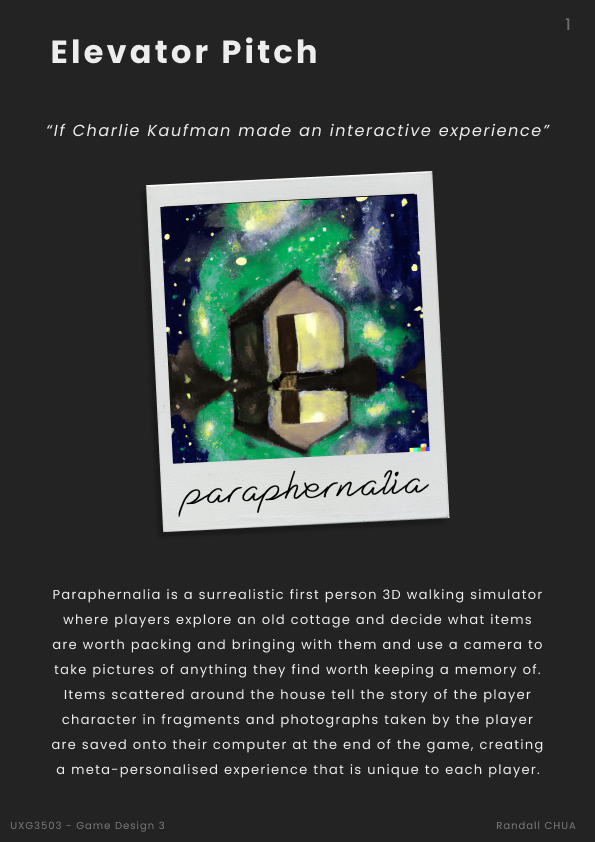
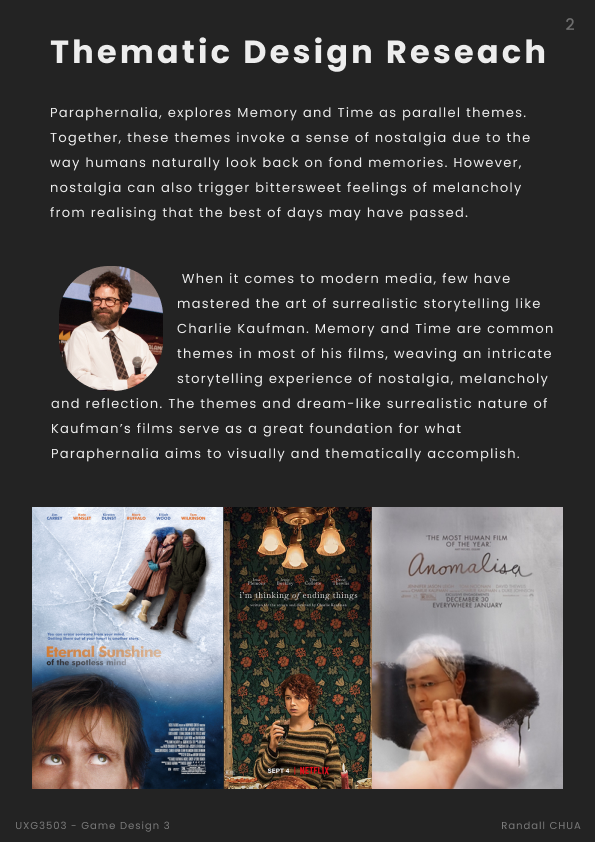
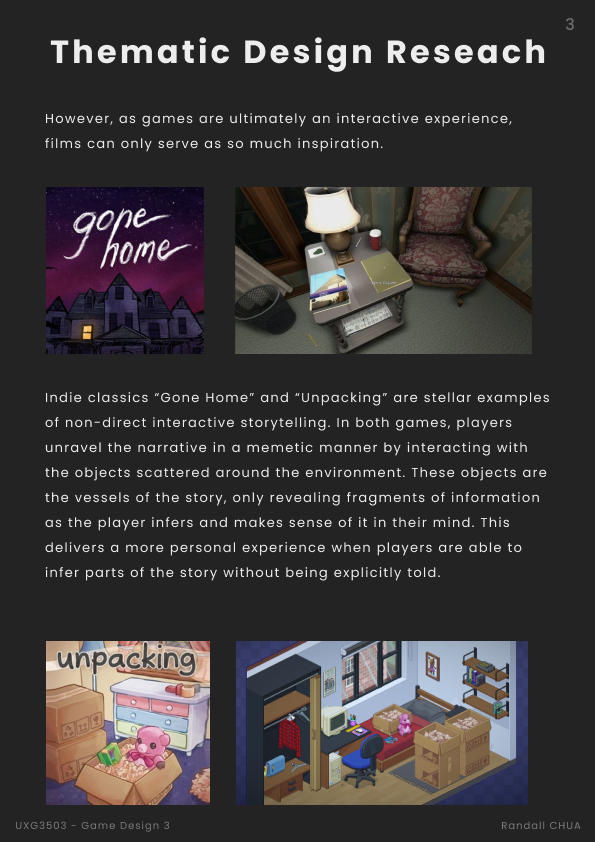
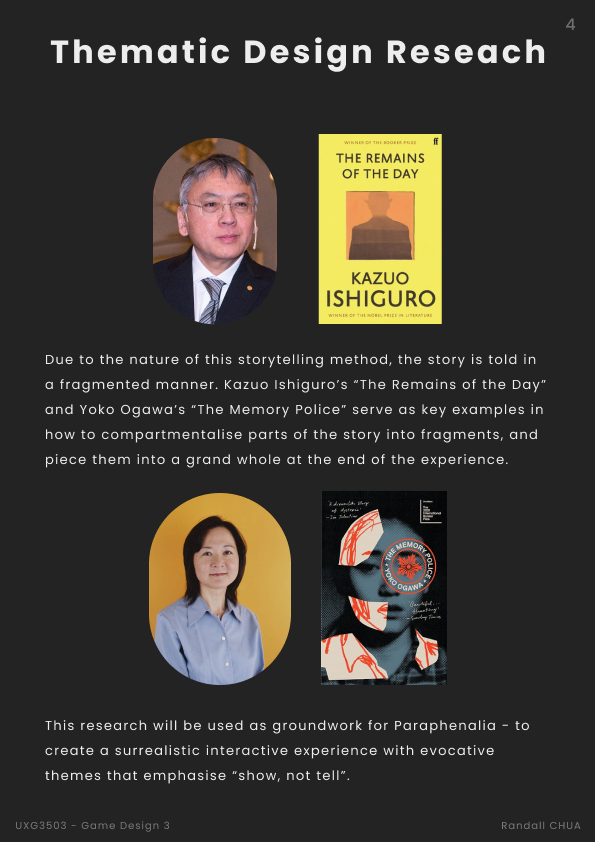
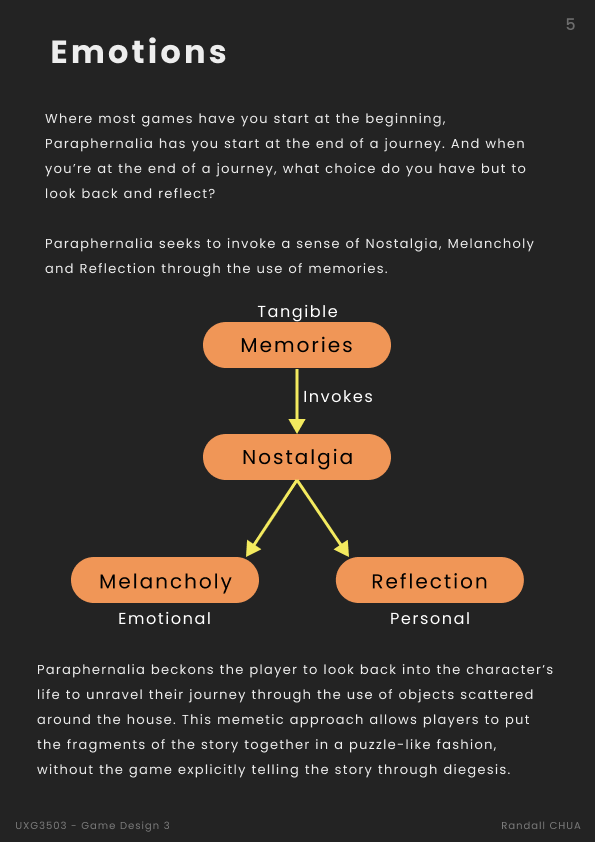
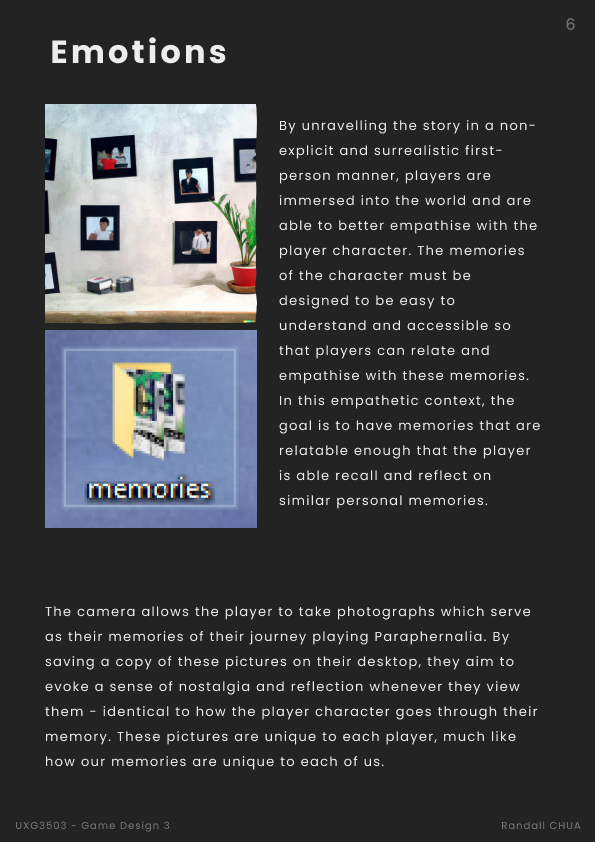
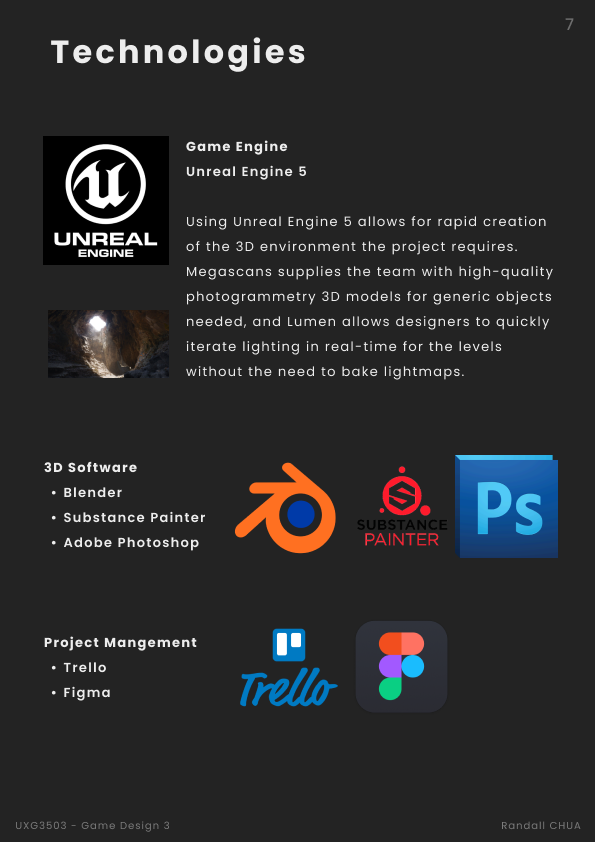
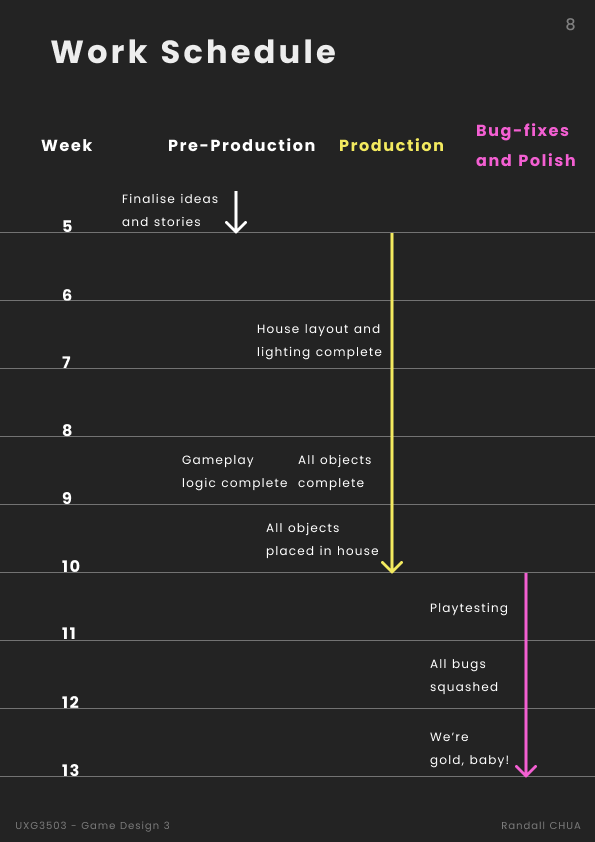
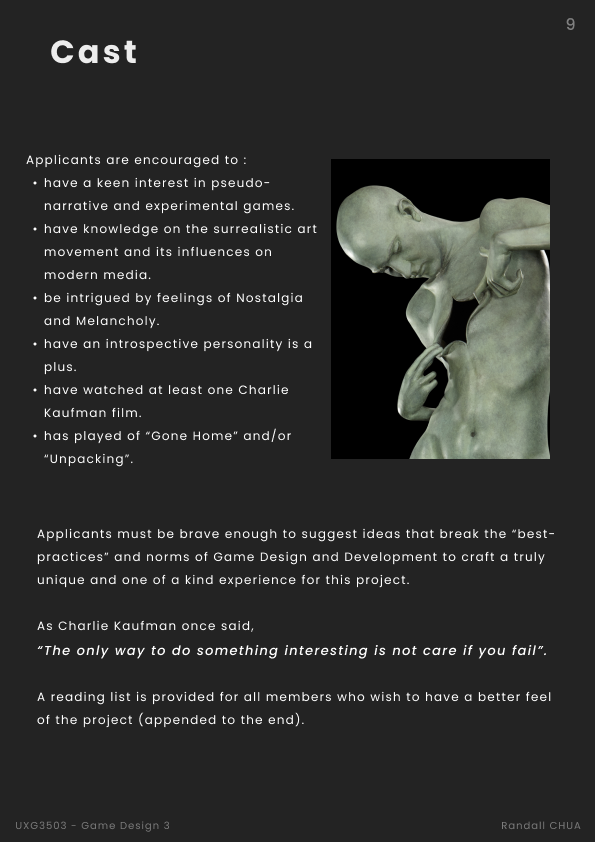
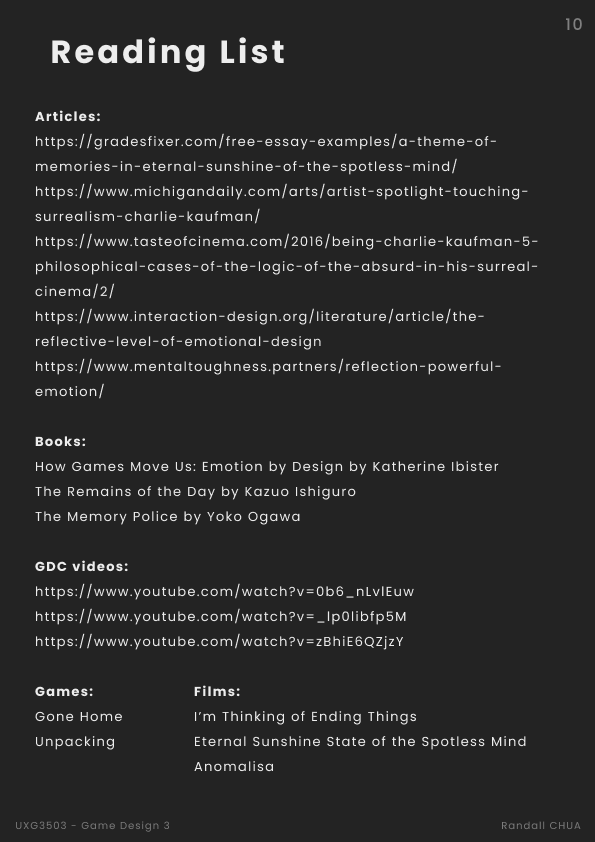
Pitching
You can find a video of me pitching in this video! Sorry for the poor quality, it was a candid video!
POSTER
After the pitch, we were required to hang our recruitment posters around the class as everyone in the class would decide what project they want to work on.
This was my poster! It was photo-bashed with AI art and open-source images, do I don’t claim any credit to actually making them - just putting them together!
Pre-production
brainstorming and Gathering references
After new members had joined the group, we held a brainstorming sessions just to re-explore the game concept and see what ideas everyone had to make it a better experience.
Mostly, we talked about spaces and what kind of house and the time period we wanted the story to take place in. Eventually, we still decided on a cottage area as free assets for those were more readily available.
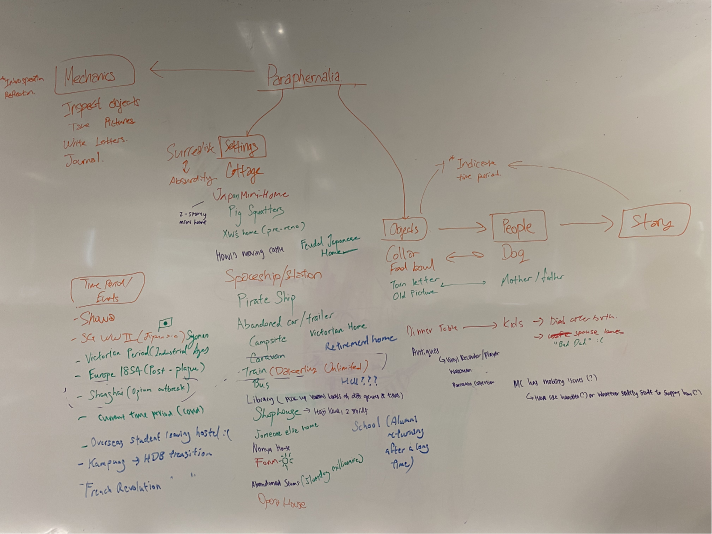
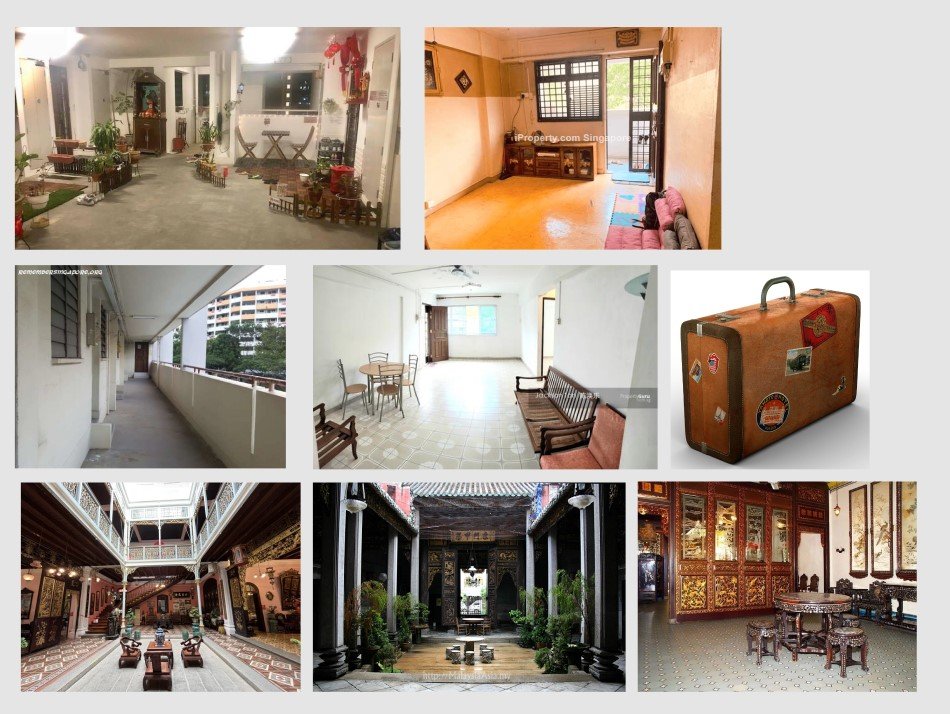
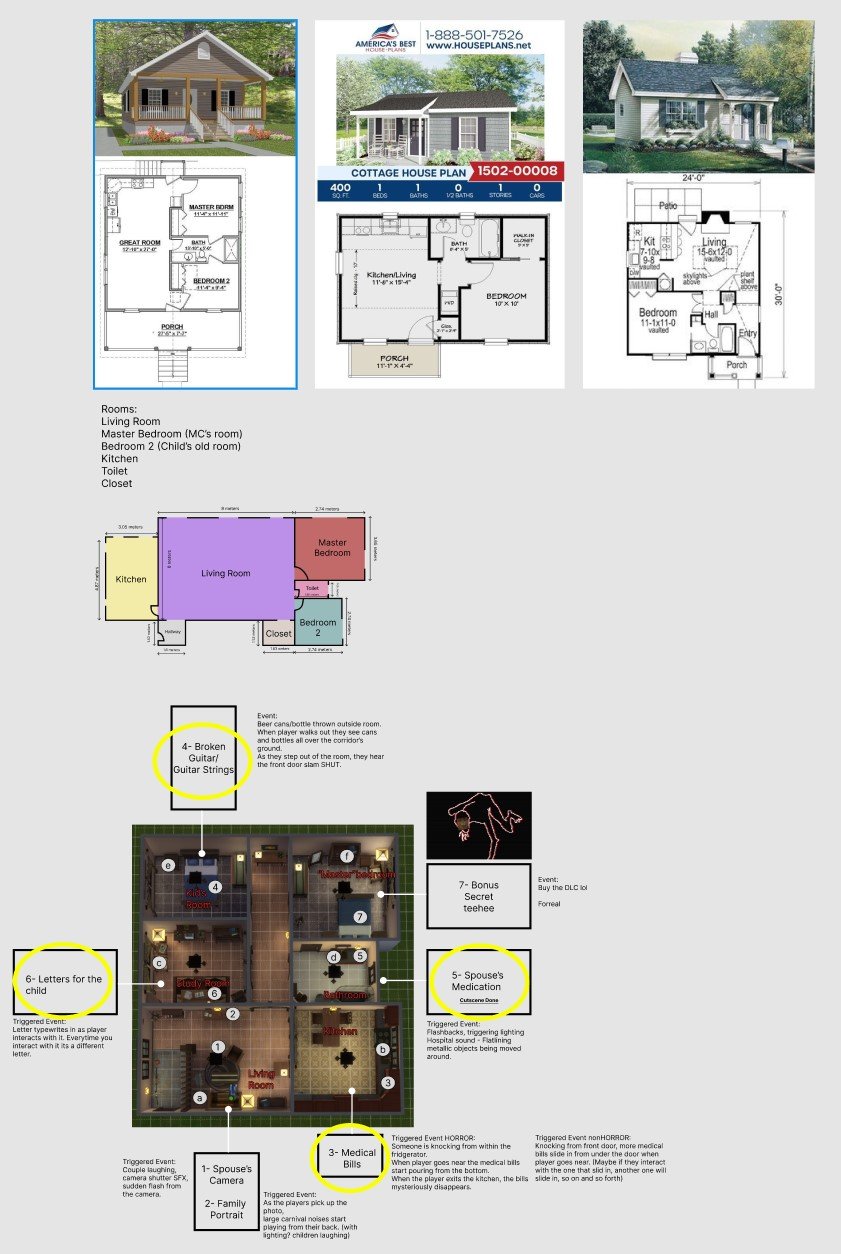
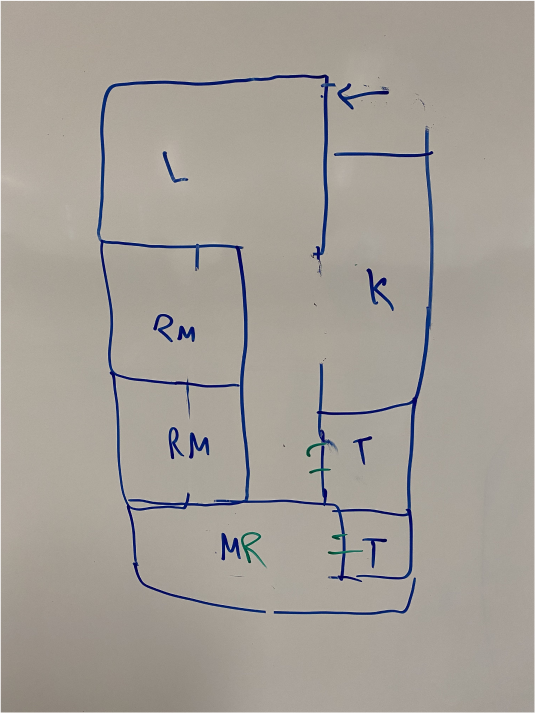
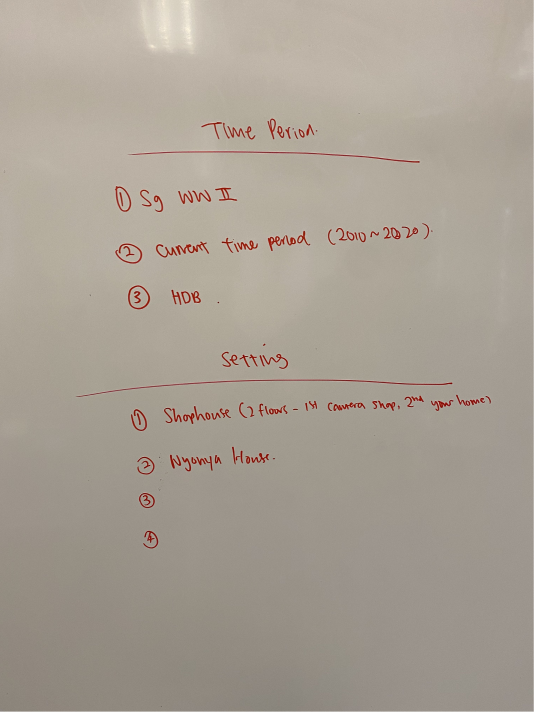
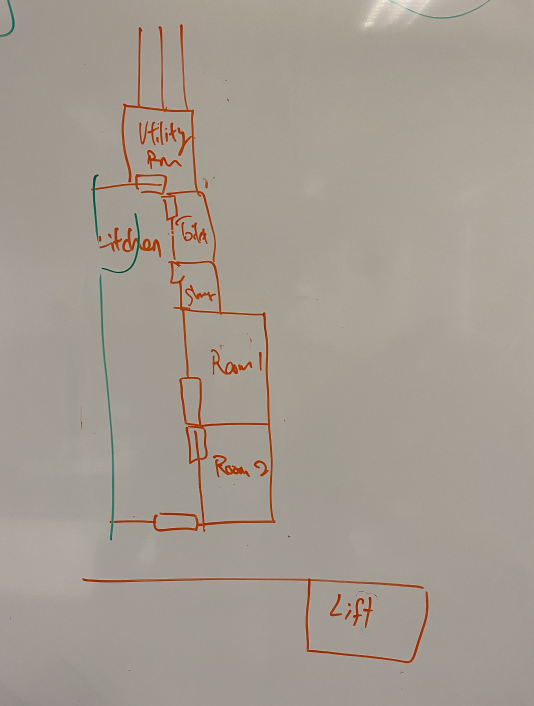

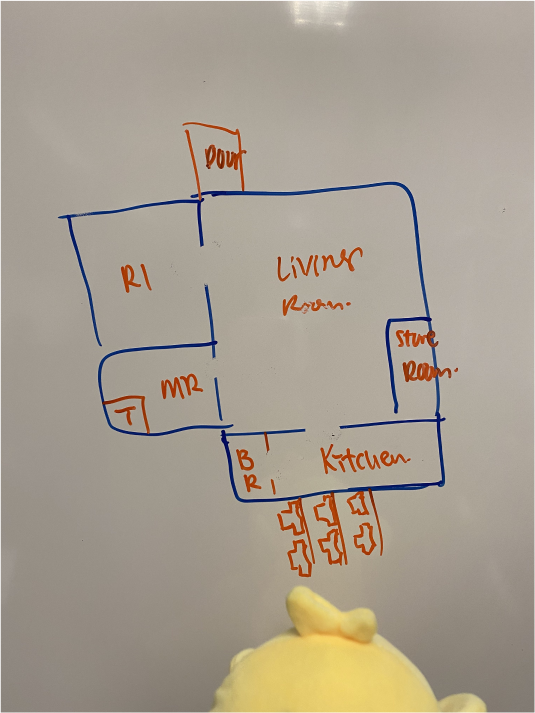
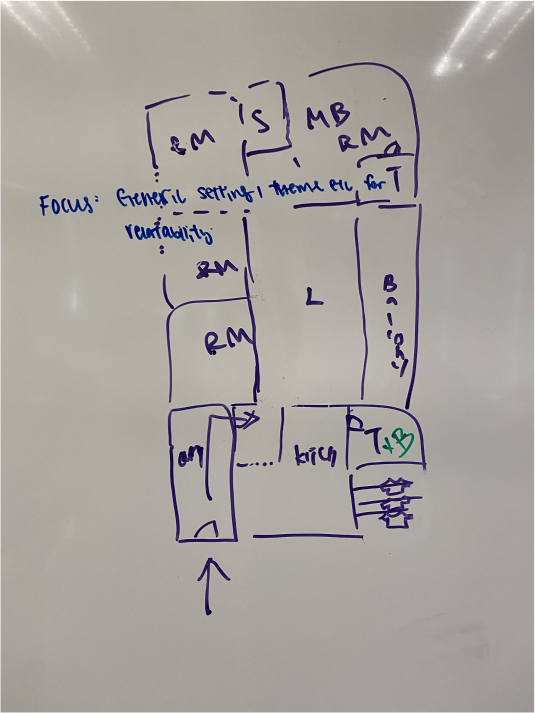
Level Design Process
For the level, we tried a different approach to blocking out the level. Instead of directly creating the level in Unreal Engine, we decided to use The Sims 4 as a level prototyping tool.
This allowed us to prototype quickly and also experiment with different furniture types to achieve the feel that gloomy yet somewhat rustic feel we were looking for.
(click on images!)
Production
Final Game Design
Unfortunately, due to the short duration of the project, many features had to be cut. Here’s what the final design reflected:
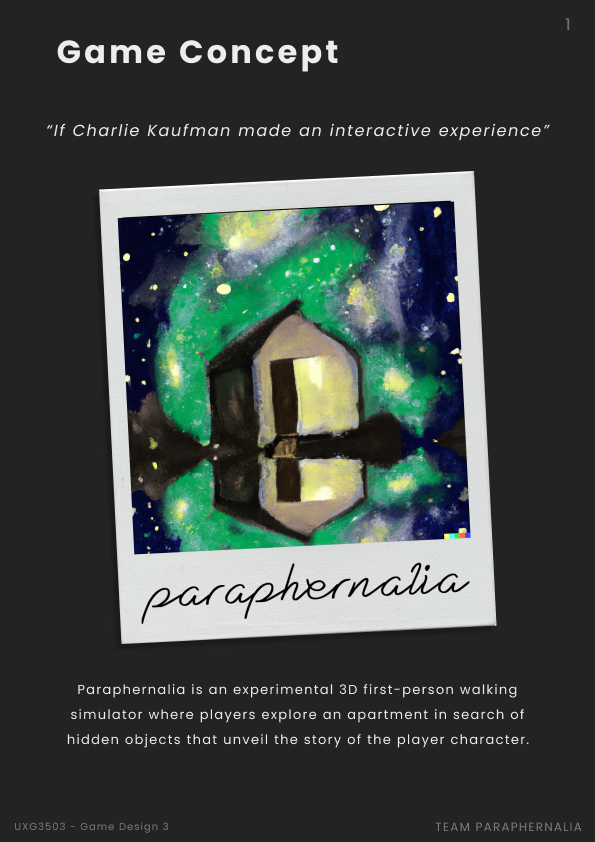
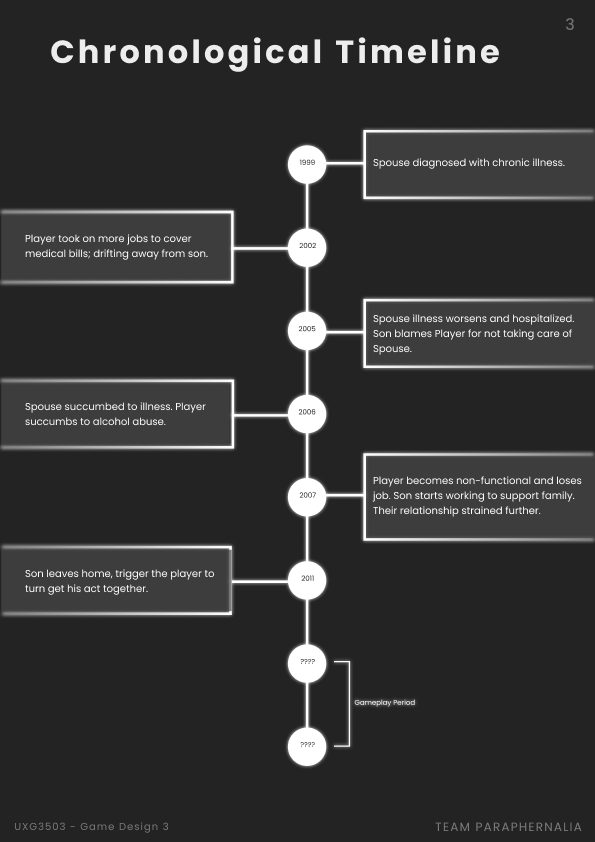
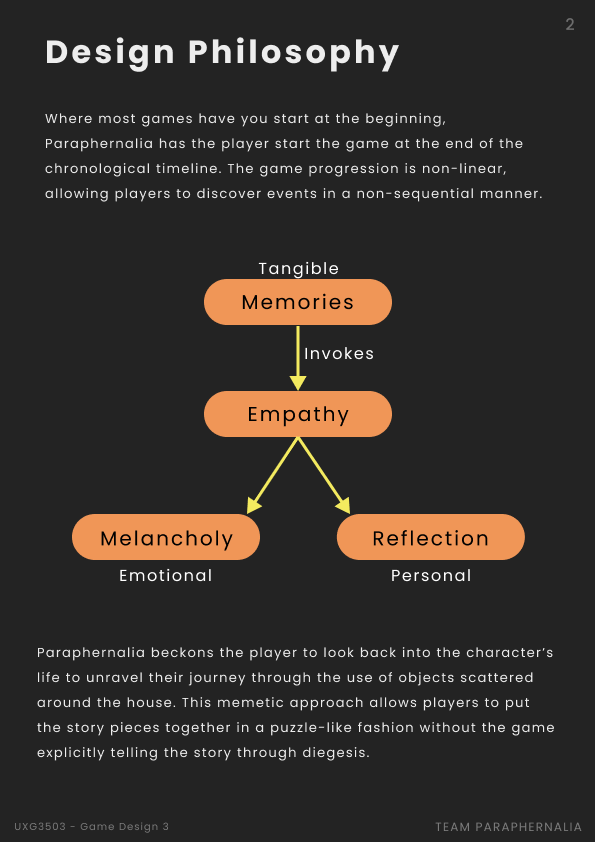
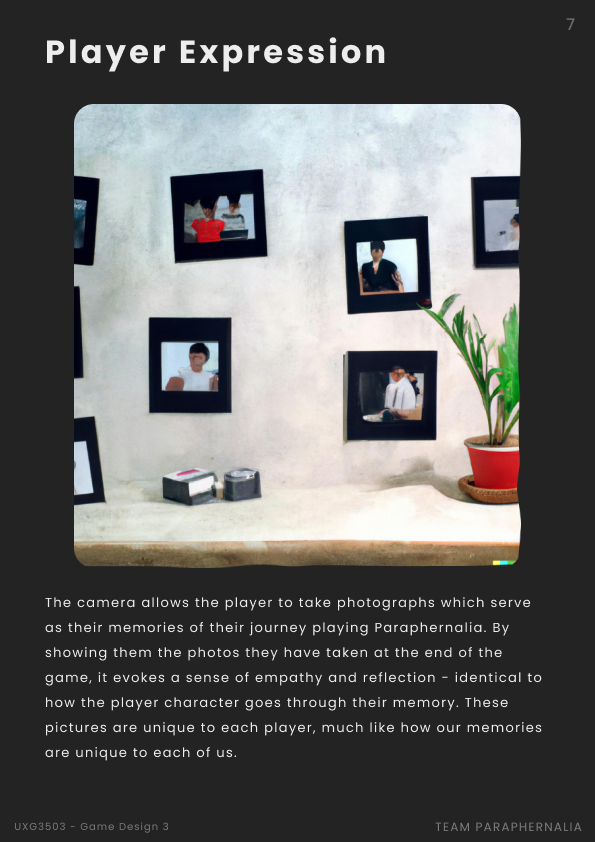
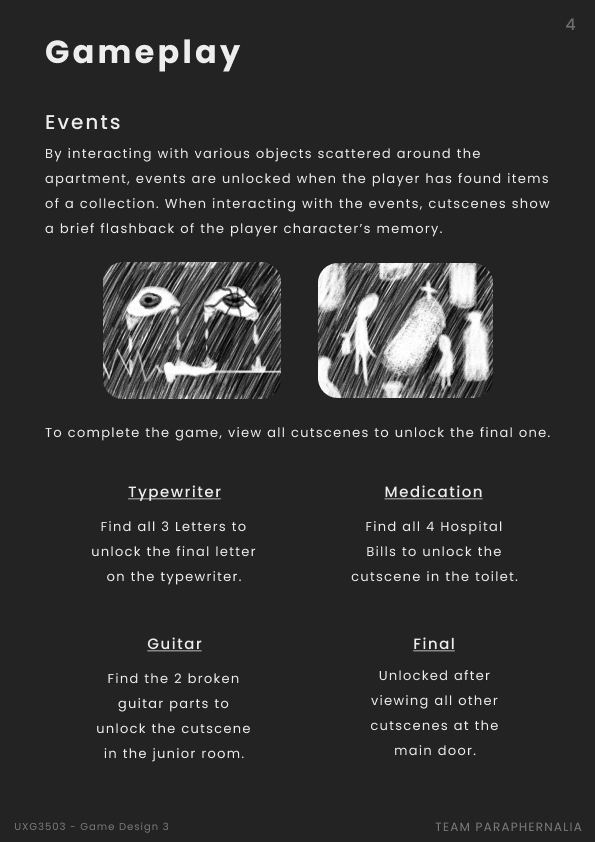
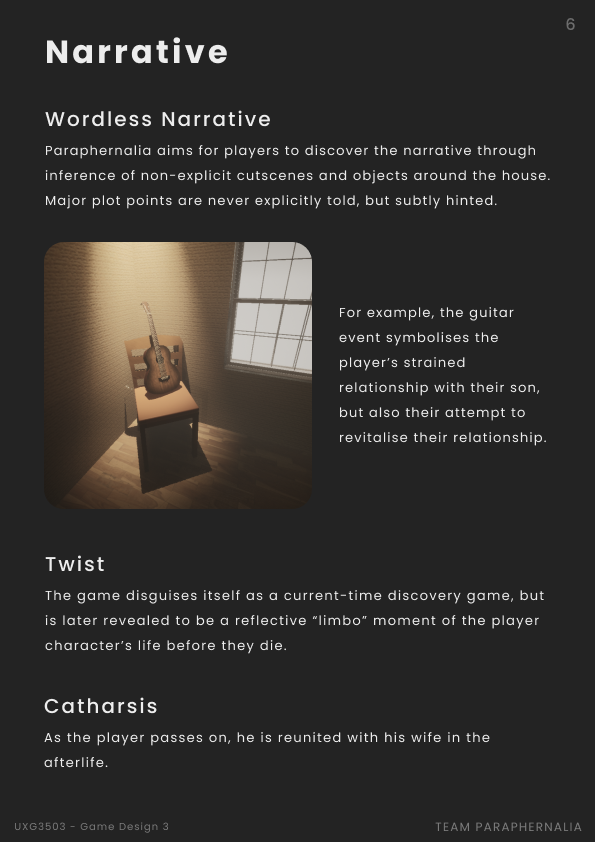
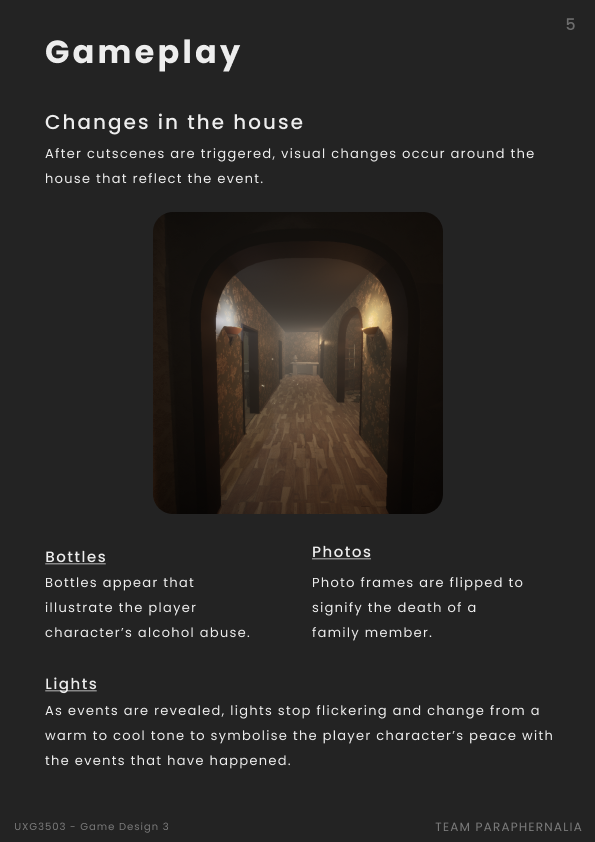
Here’s a final trailer video of the game:
Blueprints
Here’s some blueprints stuff I did.
Object Tracker
UV Offset Material
Camera Mechanic
Camera Roll
Player Blueprint from Scratch
Movement
All other relevant controls
Audio
The sound effects for the game were done with Unreal 5’s Metasounds.
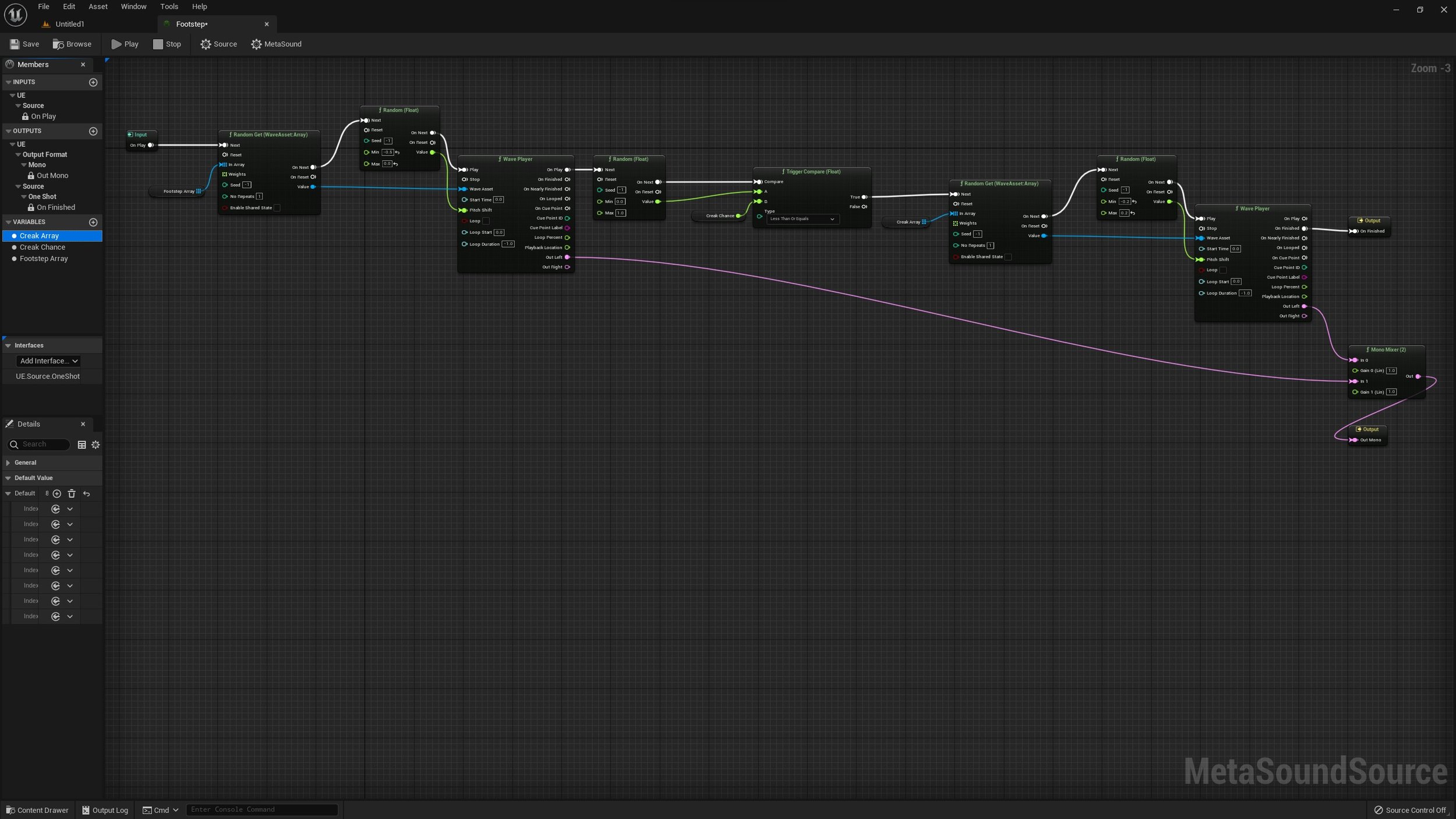
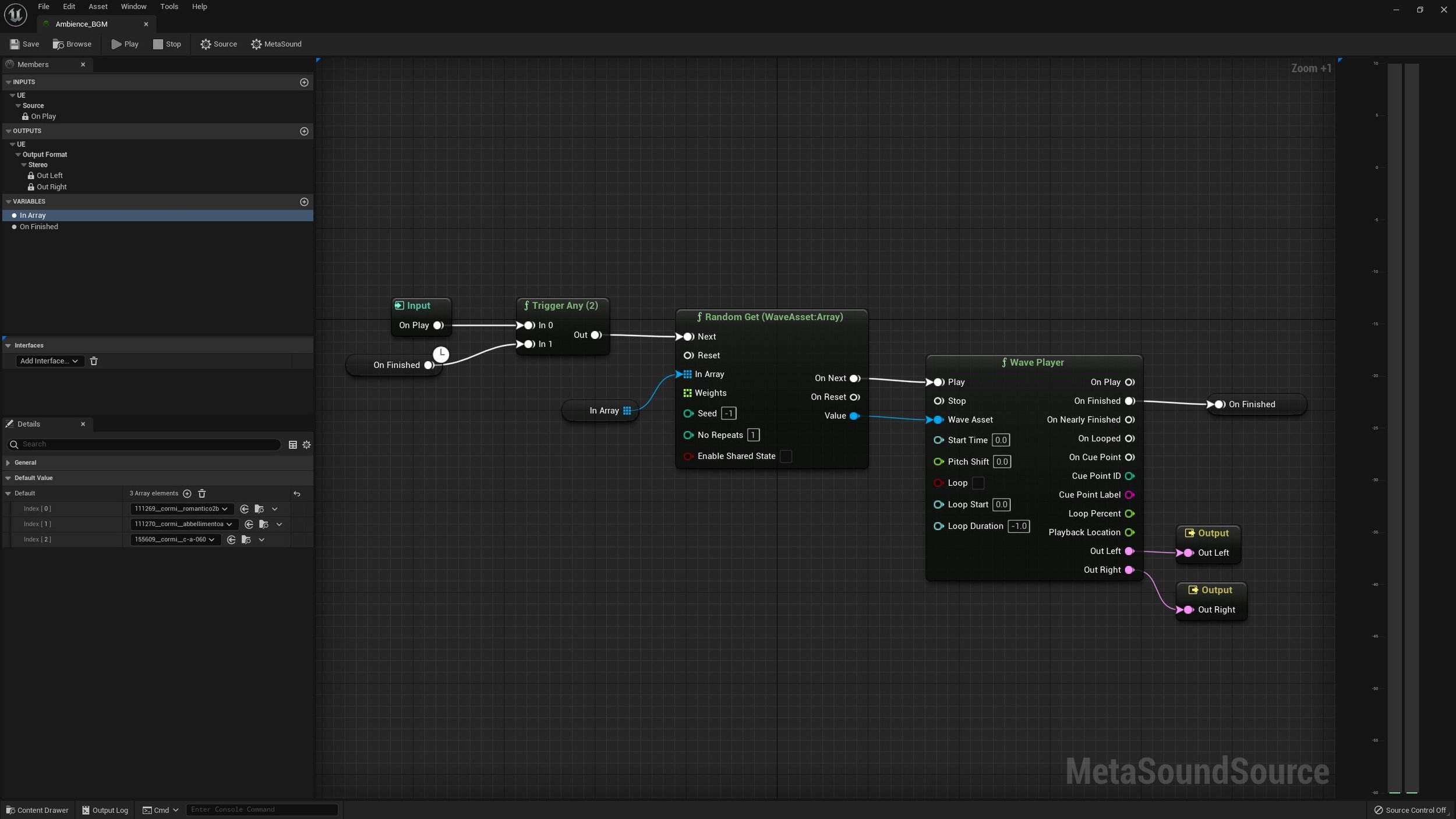
*all sounds taken from freesound.org with CC0 licenses.
Reflections
This project was a good lesson in learning more about cutting features and scoping the project appropriately. The final product was far from what was initially pitched, but it was still a good effort overall!
Despite being an experimental concept, it still needed to posses some sort of gameplay and interactions for it to be an engaging interactive experience - which is what games are all about. Hence, the “hidden objects” kind of gameplay.
Still, it was an interesting foray into an experimental space, which explored the possibilities of games as a storytelling medium via non-explicit means. And for 8 weeks of production time, I think this is still a project I can be proud of.































